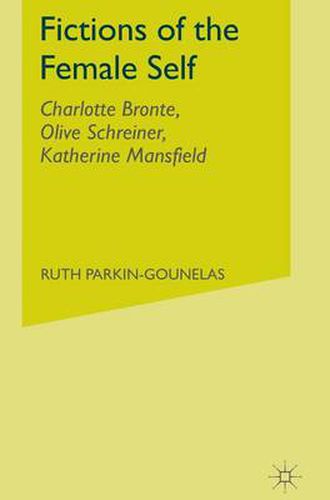Readings Newsletter
Become a Readings Member to make your shopping experience even easier.
Sign in or sign up for free!
You’re not far away from qualifying for FREE standard shipping within Australia
You’ve qualified for FREE standard shipping within Australia
The cart is loading…






This title is printed to order. This book may have been self-published. If so, we cannot guarantee the quality of the content. In the main most books will have gone through the editing process however some may not. We therefore suggest that you be aware of this before ordering this book. If in doubt check either the author or publisher’s details as we are unable to accept any returns unless they are faulty. Please contact us if you have any questions.
That women writers in a literary world dominated by men could not express their ideas and feelings without reference to male-dominated culture is the basic premise of the book. Works of three women are explored and the different ways they addressed this problem are considered. The author argues that Bronte, Schreiner and Mansfield are important as writers as much for their achievement of inscribing female subjectivity into the novel and story form as anything else.
$9.00 standard shipping within Australia
FREE standard shipping within Australia for orders over $100.00
Express & International shipping calculated at checkout
This title is printed to order. This book may have been self-published. If so, we cannot guarantee the quality of the content. In the main most books will have gone through the editing process however some may not. We therefore suggest that you be aware of this before ordering this book. If in doubt check either the author or publisher’s details as we are unable to accept any returns unless they are faulty. Please contact us if you have any questions.
That women writers in a literary world dominated by men could not express their ideas and feelings without reference to male-dominated culture is the basic premise of the book. Works of three women are explored and the different ways they addressed this problem are considered. The author argues that Bronte, Schreiner and Mansfield are important as writers as much for their achievement of inscribing female subjectivity into the novel and story form as anything else.